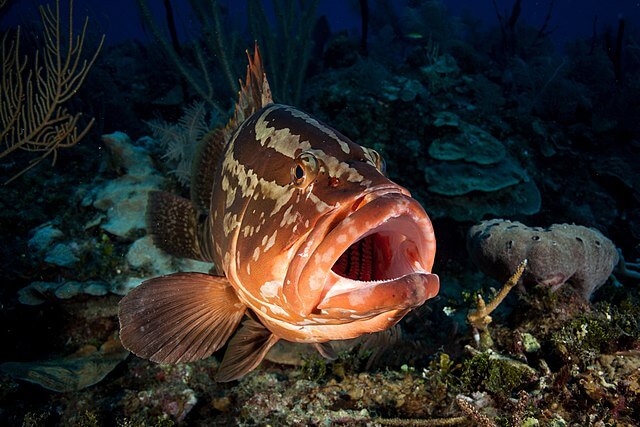
A landmark global agreement to protect the world’s oceans and help reverse decades of damage to marine life is set to become international law.
The High Seas Treaty reached its 60th ratification on last month after Morocco signed on, triggering its entry into force in January. The deal, more than 20 years in the making, will allow parts of international waters to be designated as marine protected areas.
Environmental groups have hailed the breakthrough as a “monumental achievement” and a sign of what international cooperation can deliver.
“Covering more than two-thirds of the ocean, the agreement sets binding rules to conserve and sustainably use marine biodiversity,” United Nations Secretary-General Antonio Guterres said.
Marine ecosystems have long been under pressure from overfishing, shipping pollution and rising ocean temperatures linked to climate change. A recent assessment by the International Union for Conservation of Nature (IUCN) found that nearly 10% of marine species are now at risk of extinction.
In 2021, nations pledged to protect 30% of both national waters and the high seas by 2030 to give marine life the chance to recover. But with just 1% of the high seas currently protected—and no single country having control over them—progress has been slow.
The High Seas Treaty, signed in 2023, commits nations to safeguarding 30% of international waters. For it to take effect, at least 60 ratifications were required—a threshold now reached. Ratification can often take years, but Elizabeth Wilson, senior director for environmental policy at The Pew Charitable Trusts, said this agreement was approved in “record time.”
The UK introduced its ratification bill to Parliament earlier this month.
Kirsten Schuijt, director-general of the World Wide Fund for Nature, called the treaty “a monumental achievement for ocean conservation.”
She added: “The High Seas Treaty will be a positive catalyst for collaboration across international waters and agreements and is a turning point for two-thirds of the world’s ocean that lie beyond national jurisdiction.”
Meanwhile Greenpeace International’s executive director Mads Christensen described it as “a landmark moment” and “proof that countries can come together to protect our blue planet.”
“The era of exploitation and destruction must end. Our oceans can’t wait and neither can we,” he added.
Once in force, nations will propose areas for protection, which will then be voted on by treaty members. Critics note, however, that countries will carry out their own environmental impact assessments and retain final decision-making powers, though others will be able to raise objections through oversight bodies.
The ocean, Earth’s largest ecosystem, is vital for all life. It underpins an estimated $2.5tn (£1.9tn) of global economic activity and generates up to 80% of the oxygen humans breathe.
——————————————————————————
At Natural World Fund, we are passionate about restoring habitats in the UK to halt the decline in our wildlife.

